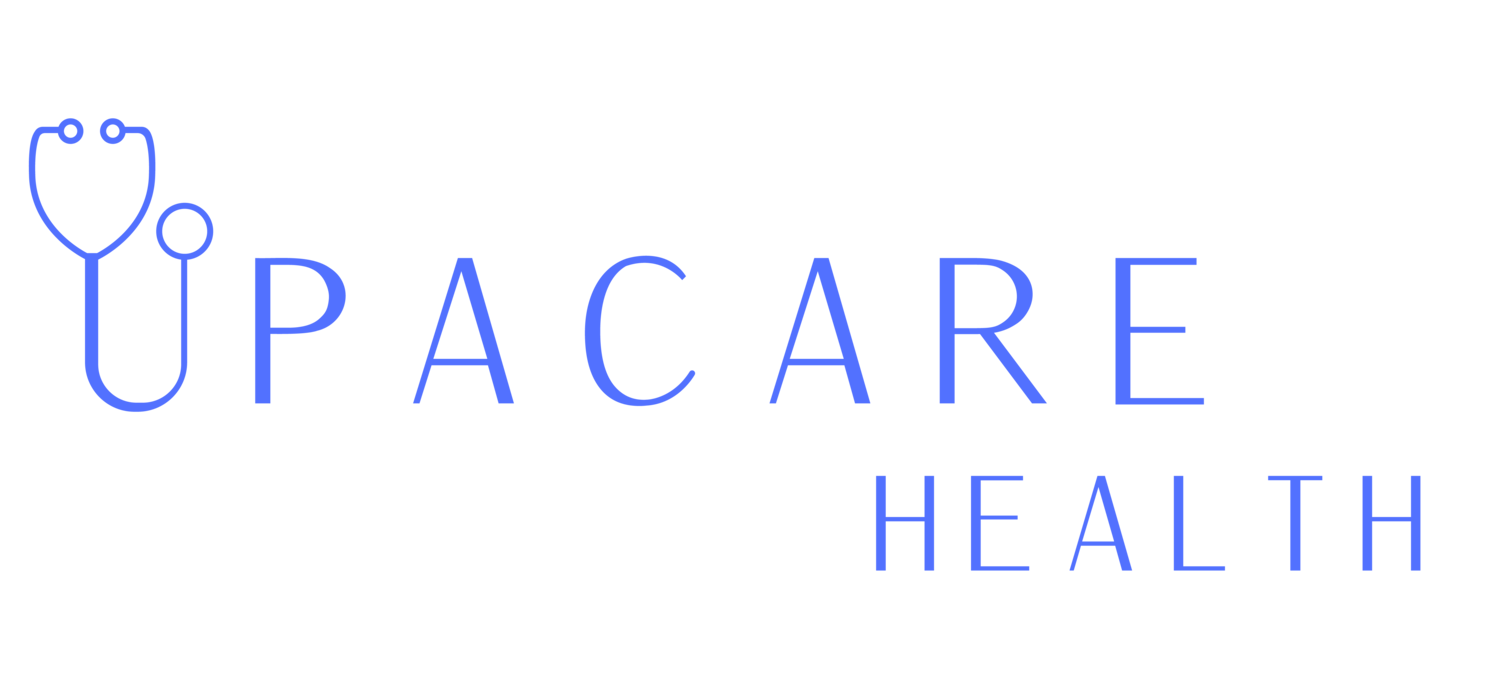New Year, New You! Simple Ways To Improve Your Health In 2023
It is that time of year again. Many of us will be a few weeks into our New Year’s resolutions. We have all been there, especially after over-indulging in the festive period: that innate feeling that you will make a change this year. However, it can be challenging to maintain this change often because the target can be unrealistic or we try to change too much at the same time. Data suggests that the majority of people fail their new year’s resolutions within the first six months because of unrealistic expectations and a lack of willpower. However, it is not impossible if tackled with the right attitude!
Improving one’s lifestyle is an opportunity to improve our health and also to prevent disease! Our lifestyle practices and habits are the most critical determinants of favourable health outcomes. Data from the US indicates that 80% of medical conditions seen in primary care are lifestyle related: 1 in 7 people still smoke, 3 out of 4 people eat a diet low in fruit and vegetables and 4 out of 5 don’t do enough physical exercise.
Of course, the determinants of health do not lie in our lifestyle alone; genetic and epigenetic predispositions play a role. Epigenetics refers to how your behaviours and environment can cause changes that affect the way your genes work. Unlike genetic changes, epigenetic changes are reversible. They do not change your DNA sequence but can change how your body reads a DNA sequence.
Research indicates that lifestyle factors such as diet, smoking and lack of physical activity influence epigenetic patterns – all the more reason to make a positive lifestyle change this new year.
So, where do you start? Firstly, making too drastic a change can be challenging to maintain and often results in people feeling like they have failed. It is better to create small lasting changes rather than focus on fad diets and exercise regimens. Let’s look at a few changes you could make to improve your health for 2023 and beyond!
Physical Exercise
Physical inactivity is the fourth leading risk factor for global mortality. If worldwide physical activity increased by 25%, then over 1.3 million deaths could be averted yearly. Regular physical exercise has many benefits: a lowered risk of cardiovascular disease, hypertension (high blood pressure), and Type 2 Diabetes Mellitus, as well as better cognitive function and reduced risk of developing dementia are benefits of increased physical activity. Therefore, it is essential to incorporate cardiovascular exercise, weight/resistance training and flexibility exercises into your fitness regimen.
The more physical activity you do, the greater the benefits. Any amount of exercise is better than none.However, it is crucial to build up physical activity gradually so as not to cause injury.
Tips
Why not try a new activity with a friend or join a group? Doing an activity with someone else is known to increase motivation and help you stick to it. Plus, it’s a good way of connecting or keeping in touch.
For flexibility exercise, why not take up yoga or Pilates? There are many classes you can join or you could even check out free online videos.
If your job is office based, try getting up every hour and moving around. Simple things like taking the stairs instead of the lift make a difference.
Why not monitor your daily steps and see if you meet weekly targets?
Diet and Nutrition
Credit: Cancer Treatment Centres America
The new year is usually when we see a plethora of ‘diet plans’ appear. However, diet should not just be about weight loss; it is about getting a balanced, diverse and nutritious mix of foods to maintain physical and mental well-being. Small changes can make a big change.
Tips
Try and incorporate five fruit and vegetables into your diet. For example, why not make a salad for lunch and take it to work? Instead of toast in the morning, try a bowl of porridge with mixed seeds, a banana and blueberries.
Avoid snacking on processed food such as biscuits, crisps and concentrated fruit juice.
Make sure you are drinking enough water (6-8 glasses of water a day unless told otherwise by your health professional)
Reduce fried foods. For example, instead of fried chicken, try grilled chicken.
Check out our article on foods to boost your immune system for more tips!
Smoking
Is this the year to stop?
It is well known that smoking is detrimental to your health. Despite this, 1.1 billion people over the age of 15 smoke worldwide. Whether socially or on a daily basis, smoking causes immense harm to your body. The effects of smoking are heightened the more you smoke and the longer you have been smoking. Smoking is linked to cardiovascular diseases such as hypertension, heart disease and stroke. It is also associated with cancer and chronic lung disease and has a detrimental impact on fertility.
If you have children at home, passive smoking increases their risk of developing asthma, chest infections, ear infections, coughs and colds, and meningitis.
Tips
Set a date and mark it on the calendar so you are clear and ready to make the step to quit.
Make sure you inform your family and friends so that they can support you.
Identify occasions where you are likely to relapse and think of strategies to reduce the risk.
Refer to yourself as a non-smoker
Seeking help and support where it is available. There is counselling and medication support if you feel you need it.
If you do relapse, it's okay. You are only human and smoking cessation can be challenging. The important thing is that you reflect on why you did relapse and what you could do in the future to prevent it.
For more articles and health tips, follow UpaCare Health and stay tuned for our blog!
References
1. Kelly. J & Clayton. J, Foundations of Lifestyle Medicine, Board Review Manual (2021). American College of Lifestyle Medicine.
2. Centers for Disease Control and Prevention, Genomics & Precision Health Home, What is Epigenetics?(www.cdc.gov)
3. Vital strategies, Report: Global Tobacco Users at 1.3 Billion; Smoking Among Young Teens Increases in 62 countries. (www.vitalstratergies.org)
4. Action on smoking and health, ASH Fact sheet: Tobacco and the Developing World, (www.ash.org.uk)





